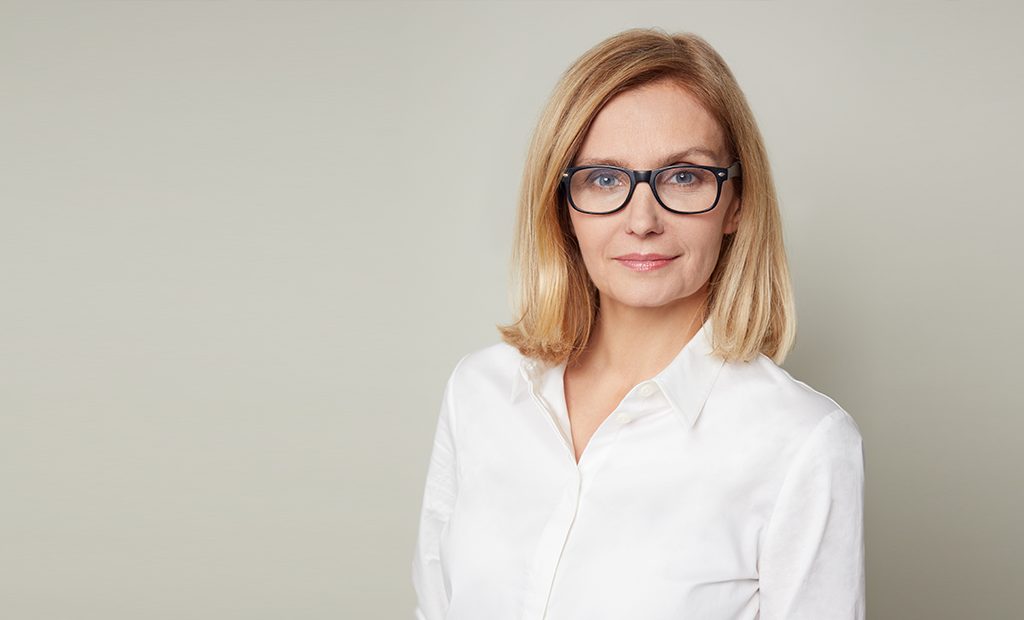

Chemistry is a woman’s business, but why are women still not reaching the pinnacle of careers in the chemical industry? Katarzyna Byczkowska, Managing Director, BASF Polska
Why are women not being promoted to top positions?
This is a very general question given the number of industries in the market. If we narrow this question down to the industry I know and work in, namely the chemical sector, there could be several reasons. I think it would be wise to start with the low number of women in the chemical industry in general. There are, of course, plenty of women in departments such as finance, HR or communications. It is in the more technological and/or production units that female employees are in short supply, even absent from recruitment for positions such as Process Engineer, for example.Why? I think that we are still dealing with the aftermath of stereotypes related to the perception of this type of job as being typically ‘masculine’ and requiring physical strength to perform certain duties. We’re forgetting that in today’s world of digitalisation and automation of many processes, all that is needed is intellectual strength. But why are women not promoted to senior positions when they already work for the company? I must admit that we don’t have this problem at BASF Polska – almost half of the people in the management structure are women. However, looking at the chemical industry as a whole, there are probably still many places where women’s competences are perceived in a very stereotypical way and consequently, they reach a glass ceiling. In contrast, it is also important to underline that there are situations in which women have no confidence in their skills and do not want to take risks in terms of career development.
Is there still a stereotypical, conservative gender division of roles?
It is certainly less prevalent in business. In many companies, inclusive (rather than exclusive) policies, diversity and gender equality have already become core values of their organisational culture. The conservative division of roles in business simply does not pay off and is even seen as discriminatory. What matters is experience and competence – not gender.
What is your view on quotas? Do they help women or are they simply unnecessary?
There are certainly places where diversity could not be achieved other than by quotas. But while quotas improve the statistics of women’s and men’s political and business participation, they are not enough on their own. Comprehensive measures are needed to bring about visible change in this area – if only to ensure that women entering the labour market can remain there. For it is still the case that in various family situations, it is women who give up their careers and often fail to resume them later.
Are women too shy to compete for top positions? Perhaps they do not fully appreciate their professionalism?
This is very often the case. This is also the reason why there have already been three editions of our ‘Chemistry is a woman’ social campaign, launched in 2021. The initiative is meant to encourage all women, both those with extensive experience and those who are just starting their studies or careers, to make bold career decisions based on their interests. The campaign also promotes openness to change, flexibility and determination to act. The ‘Chemistry is a woman’ campaign presents the profiles of women who break the mould and can be an inspiration for others who, in fear of the unknown, give up on fulfilling their professional dreams and goals. By presenting our protagonists, we want to dispel harmful myths associated with, among other things, women’s limited readiness for change and adaptation to new situations.
Is it to women’s advantage that the most important qualities of a good leader, i.e. empathy, understanding or a pro-social outlook on the organisation, are qualities attributed to women?
Empathy, understanding and a pro-social outlook on the organisation are indeed important qualities of a good leader. But leaders also need to be self-aware, they need to be able to focus on building relationships, become a role model for their team and inspire the team members. They should focus on self-development as well as on the development of others. Are these gender-specific qualities? – I don’t think so. What can help women succeed is awareness of their skills, courage to act, experience and competence, which they definitely do not lack.



Katarzyna Byczkowska, Managing Director, BASF Polska
Graduate of Wrocław Univesity of Technology (chemical engineering processes) and Calgary University (MBA studies).
She has spent 10 years in DOW Chemical on various positions in Warsaw and London. Katarzyna has started BASF career in 2005 in UK as a Head of Sales for UK & Nordics. Next 2 years Mrs. Byczkowska spent in Ludwigshafen (BASF Headquarter) and following years (2008-2012) in Warsaw on the position of Head of Sales for EUC & Russia.
In 2013-2017 she has been delegated to Spain as a Vice President, Sales & Regional Market Development Iberia. And finally in 2017-18 Mrs. Byczkowska came to Vienna to work as a Head of Controlling and Projects for Central Europe.
After coming back to Poland (May 2018) Katarzyna Byczkowska started her job as a Managing Director BASF Polska which is still one of the largest BASF legal entities in Europe. Currently BASF Polska has more than 780 employees and generates sales on the level of 870 million EUR (2020).
Katarzyna is currently active in Diversity&Inclusion Team in BASF for EMEA region being a D&I ambassador from CEE.
Last Updated on March 21, 2023 by Valeriia Honcharuk